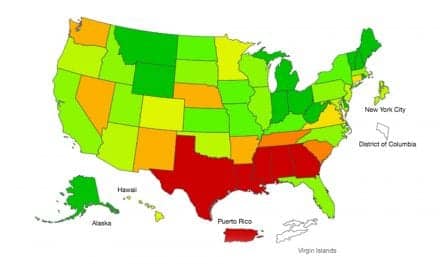New research shows that even short-term increases in exposure to air pollution can be harmful to health, reported Harvard Magazine.
Fine particles (known as PM2.5 because they are smaller than 2.5 microns in diameter) can slip past the human respiratory system’s copious mucosal defenses in the nose and upper airways.
These tiny byproducts of combustion, principally of fossil fuels such as coal and oil, land in the thin-membraned alveolar sacs deep in the lungs where oxygen exchange occurs. From there, they can pass into the blood. But the full extent of the systemic harm they cause is not well understood, explains principal investigator Francesca Dominici, Gamble professor of biostatistics, population, and data science and co-director of Harvard’s Data Science Initiative.
Joel Schwartz, professor of environmental epidemiology and senior author of the BMJ (formerly the British Medical Journal) paper elaborates: “We wanted to shed further light on the risks of exposure to short-term air pollution by searching for links between such pollution and all diseases that are plausible causes of hospitalizations.”










